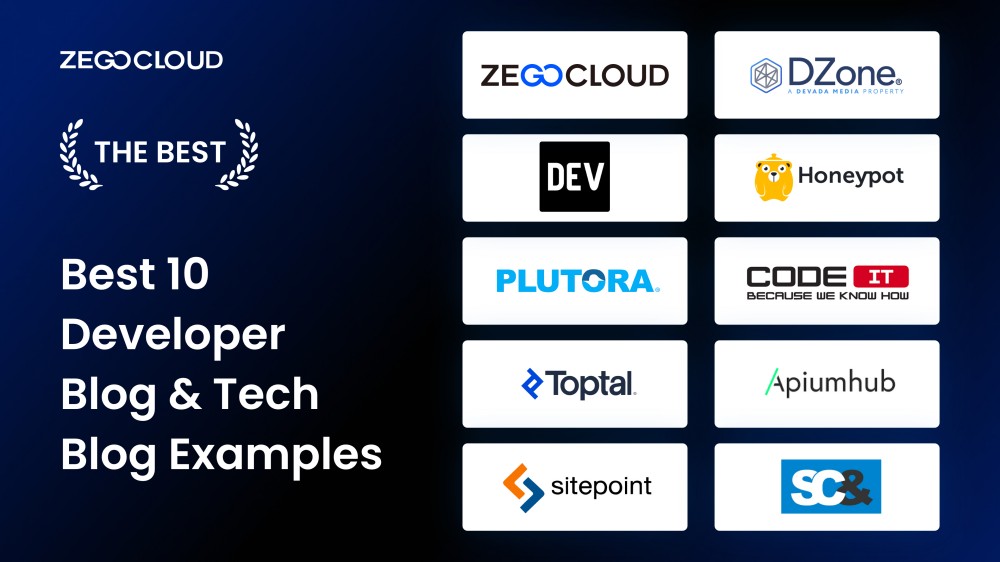The Development of the Best tech blog: A Trip Via Tech History and Future Trends
The Development of the Best tech blog: A Trip Via Tech History and Future Trends
Blog Article
Exactly How Blockchain Innovation Is Revolutionizing Information Safety
Blockchain innovation is fundamentally altering the landscape of information safety by presenting a decentralized framework that promises enhanced transparency and durability. Unlike standard systems, which rely on centralized data repositories, blockchain disperses data throughout a network, reducing vulnerabilities and solitary factors of failure. The use of innovative cryptographic methods guarantees that data remains tamper-proof, cultivating count on amongst stakeholders and customers.
The Basics of Blockchain
Blockchain technology, an advanced concept in digital data administration, basically changes just how info is saved and protected. At its core, a blockchain is a dispersed journal that videotapes deals throughout a network of computers, making certain transparency and immutability. The technology runs on a chain of blocks, each consisting of a checklist of transactions. As soon as a block is loaded, it is time-stamped and connected to the previous block, producing a sequential chain.
Trick to understanding blockchain is the hashing process, which encrypts purchase information right into an unique alphanumeric code. This cryptographic function guarantees that any type of modification in the transaction data leads to a completely various hash, thereby securing versus tampering. The agreement mechanism, another important part, validates and verifies new deals via a network of nodes, thereby getting rid of the requirement for a central authority.
Furthermore, blockchain's append-only structure ensures that data, when added, can not be deleted or altered. This particular guarantees a verifiable and long-term record of transactions, fostering trust fund amongst individuals. Consequently, blockchain supplies a durable structure for information integrity, providing industries a dependable approach for tracking and managing electronic information in a safe and secure, transparent manner.
Decentralization and Security
Decentralization, a core principle of blockchain modern technology, substantially boosts information security by distributing control throughout a network rather than relying on a single, central entity. By distributing information throughout countless nodes, blockchain ensures that even if one node is jeopardized, the entire network continues to be safe and secure.

Each participant in the network has access to the entire blockchain, allowing them to validate and examine deals independently. On the whole, decentralization is important in enhancing information security in blockchain networks.

Cryptographic Methods
At the heart of blockchain technology, cryptographic methods play an essential duty in securing data, making sure both confidentiality and integrity. These methods are fundamental to the blockchain's ability to securely record deals in a decentralized way. Cryptography in blockchain utilizes a mix of asymmetric and symmetric algorithms to encrypt data, making it accessible only to authorized celebrations - Best tech blog. Public and private crucial pairs are central to this process, allowing for safe and secure authentication and identification confirmation without exposing sensitive information.
Hash functions are another crucial component, transforming input data right into a fixed-size string of characters, efficiently producing a special digital fingerprint for every block. This guarantees that any type of effort to change the data will cause an entirely various hash, therefore maintaining the immutability of the blockchain. Additionally, electronic signatures confirm the authenticity and integrity of purchases, providing a layer of non-repudiation.
The decentralized nature of blockchain, integrated with robust cryptographic strategies, gets rid of the demand for intermediaries, reducing prospective susceptabilities. As blockchain technology progresses, developments in cryptography such as zero-knowledge evidence and homomorphic file encryption remain to improve protection actions, even more fortifying data protection in this revolutionary digital ledger system.
Usage Instances Across Industries

In the healthcare sector, blockchain ensures the secure storage and sharing of individual records, advertising interoperability while safeguarding sensitive data from unauthorized gain access to. This innovation encourages clients with control over their clinical history and helps with smooth coordination among healthcare companies.
Supply chain monitoring benefits substantially from blockchain's immutable ledger, which makes certain traceability and credibility of products from origin to customer. By enhancing transparency, blockchain aids reduce problems such as counterfeiting and unethical sourcing.
Additionally, blockchain's decentralized nature is reshaping the power field by making it possible for peer-to-peer energy trading, where customers can get and market excess renewable power directly. This fosters a much more lasting and effective energy ecosystem.
In the world of copyright, blockchain supplies a tamper-proof system for makers to register and shield their works, guaranteeing rightful acknowledgment and reasonable payment. These varied usage situations underline blockchain's duty as a critical pressure in redefining information safety and security throughout industries.
Future of Data Security
As we look to the future of information protection, blockchain technology is positioned to play an essential duty in securing electronic info. With its decentralized and immutable features, blockchain provides a durable framework for securing sensitive information against unapproved gain access to and cyber hazards. This modern technology guarantees that as soon as information is recorded, it is virtually impossible to alter without detection, therefore providing a considerable benefit over typical information storage space methods.
The combination of blockchain with other sophisticated technologies, such as fabricated intelligence and the Net of Points (IoT), is anticipated to boost data security strategies better. By leveraging wise agreements, organizations can automate and enforce protection procedures, decreasing human mistake and boosting efficiency. Additionally, blockchain's capability to supply deducible and transparent transactions will bolster trust fund and accountability in information management learn this here now methods.
As regulative landscapes develop, blockchain's compliance-friendly nature will certainly become progressively appropriate. It can aid organizations fulfill strict information security regulations, such as the General Data Protection Regulation (GDPR) and the California Customer Personal Privacy Act (CCPA), by offering proven documents of data processing activities. Eventually, blockchain's unique qualities position it as a transformative tool in the recurring quest to protect the electronic globe versus ever-evolving cyber risks.
Conclusion
Blockchain technology represents a standard change in data protection by leveraging decentralization and cryptographic strategies to enhance openness, trust, and information integrity. As cyber threats advance, blockchain arises as an important tool for durable data defense across numerous industries.
Blockchain technology is basically modifying the landscape of information security by introducing a decentralized structure that guarantees improved openness and durability. Unlike traditional systems, which depend on central data repositories, blockchain distributes data throughout a network, minimizing susceptabilities and solitary factors click over here of failure.Decentralization, a core principle of blockchain innovation, dramatically boosts data protection by dispersing control across a network instead than counting on a singular, centralized entity.At the heart of blockchain technology, cryptographic techniques play an essential duty in safeguarding data, guaranteeing both discretion and honesty.Blockchain modern technology represents a paradigm shift in information protection by leveraging decentralization and cryptographic methods to improve transparency, depend on, and data stability.
Report this page